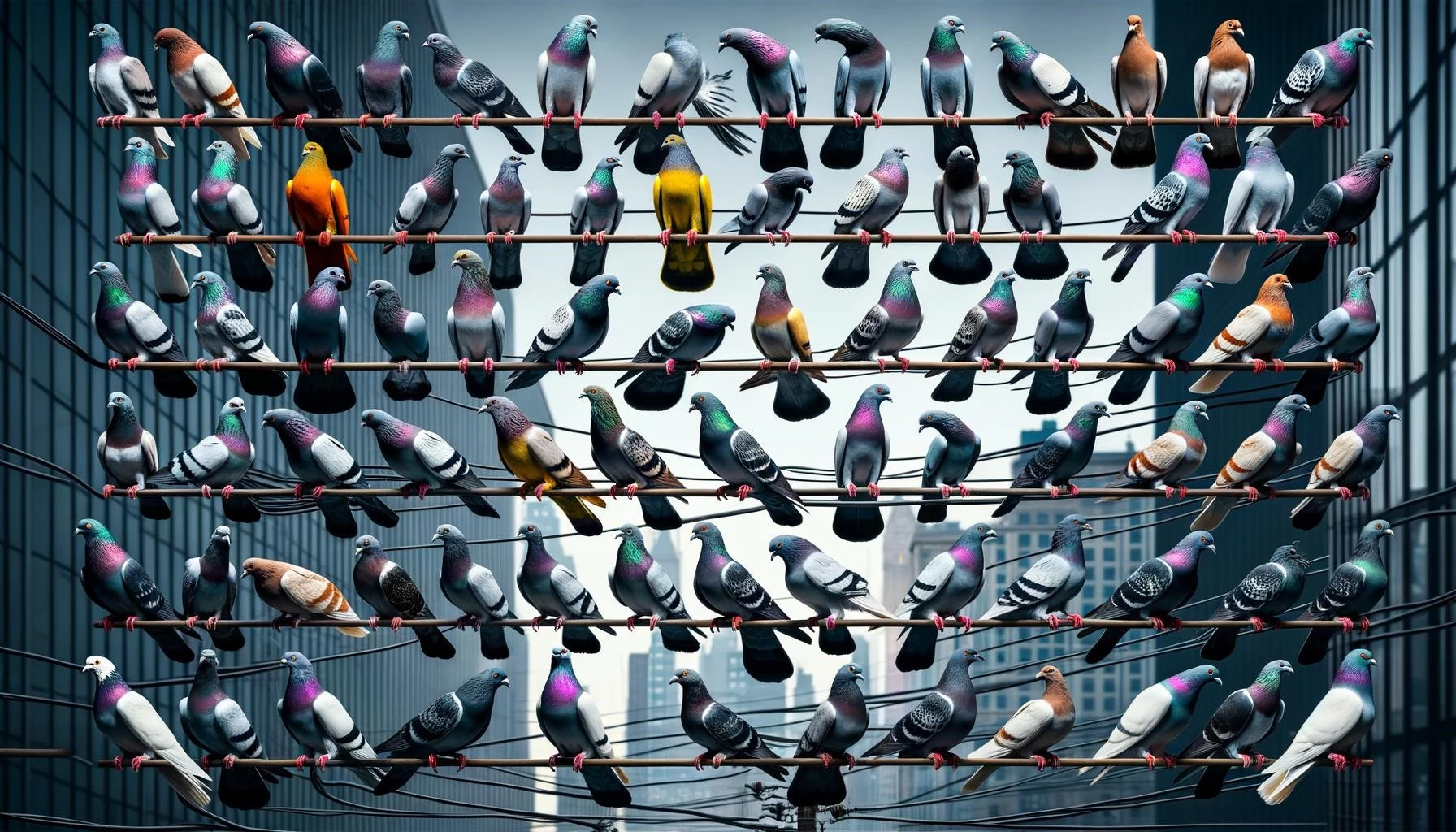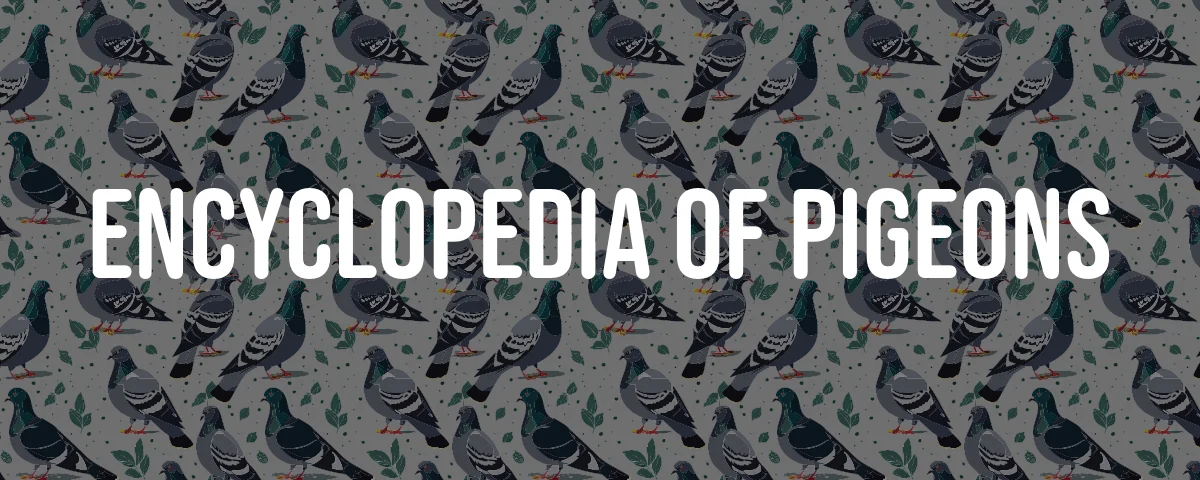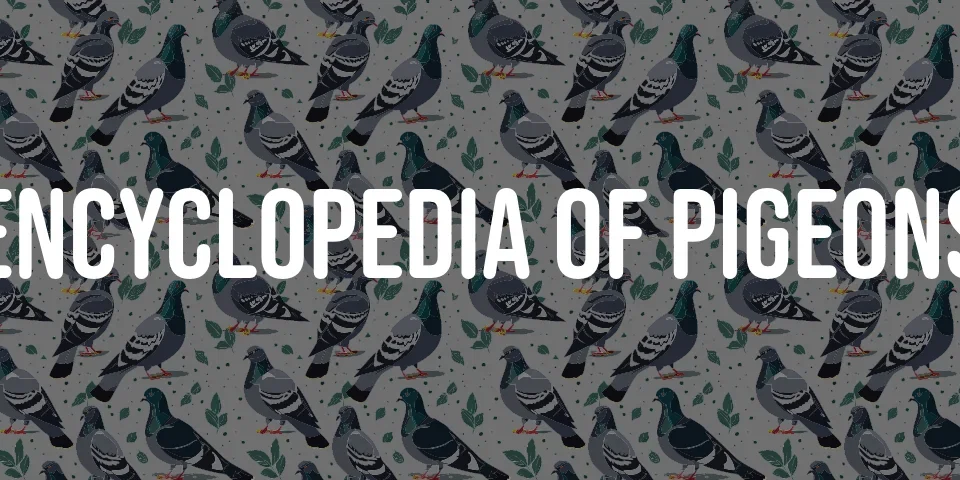The Kosice Roller, also known as the East Slovakian Roller, is a breed of domestic pigeon known for its acrobatic abilities in flight. This breed is one of the many varieties of roller pigeons, which are characterized by their unique behavior of performing backward somersaults or rolls while flying. The Kosice Roller is particularly noted for its performance and is bred for this aerial display rather than for show or color standards.
Origin and History
The Kosice Roller originates from the region of Kosice in Slovakia. The history of roller pigeons is quite ancient, with references to tumbling pigeons dating back to Persian texts from the 10th century. However, the specific origins of the Kosice Roller are not well-documented in historical texts. The breed is believed to have been developed through selective breeding practices aimed at enhancing its rolling ability during flight.
Physical Characteristics
| Feature | Description |
|---|---|
| Size | Medium, with a compact body |
| Head | Plain, with no crest |
| Beak | Short and stout |
| Eyes | Bull-eyed or odd-eyed, depending on the color variety |
| Neck | Stout and well-set |
| Wings | Strong and well-positioned for acrobatic flight |
| Tail | Held slightly elevated, aiding in aerial maneuvers |
| Legs and Feet | Clean-legged or small muffed, depending on the variety |
| Plumage | Dense and smooth, with various color patterns |
Behavior and Performance
Kosice Rollers are prized for their performance in the air. They are capable of executing tight, rapid backward somersaults while flying. Unlike some other roller breeds, the Kosice Roller is known for its ability to maintain altitude during these rolls, which prevents it from descending too quickly and risking injury upon landing. The frequency, depth, and style of the rolls are influenced by genetics, training, diet, and exercise.
Breeding and Genetics
The breeding of Kosice Rollers, like other roller pigeons, focuses on selecting individuals that exhibit the desired rolling behavior. The genetic basis for this behavior is not fully understood, but it is known to be inheritable. Breeders often pair birds that are strong performers to produce offspring with similar or enhanced abilities. The selection process is meticulous, and only birds that meet the performance criteria are used for breeding.
Care and Management
Kosice Rollers require a specific regimen of care to maintain their health and performance abilities. This includes a balanced diet, regular exercise, and a safe environment that allows for free flight. Training for performance typically begins at a young age, with breeders introducing young birds to flight gradually and monitoring their development of rolling behavior.
Role in Competitions
Roller pigeons, including the Kosice Roller, are often flown in competitions where their rolling abilities are judged. These competitions can be local, regional, or international, and they provide a platform for breeders to showcase the performance of their birds. The birds are judged on the quality, frequency, and style of their rolls during flight.
Conservation Status
The conservation status of the Kosice Roller is not well-documented. However, like many specialized breeds of domestic pigeons, it is likely to be maintained by a dedicated group of breeders who are passionate about preserving the breed’s unique characteristics.
Interesting Facts
- Roller pigeons, including the Kosice Roller, are believed to roll as a result of a neurological predisposition that is enhanced through selective breeding.
- The rolling behavior is not just a random occurrence; it is a controlled maneuver that the birds are capable of initiating and stopping during flight.
- The Kosice Roller is bred primarily for performance, which sets it apart from other ornamental pigeon breeds that are bred for their appearance.






